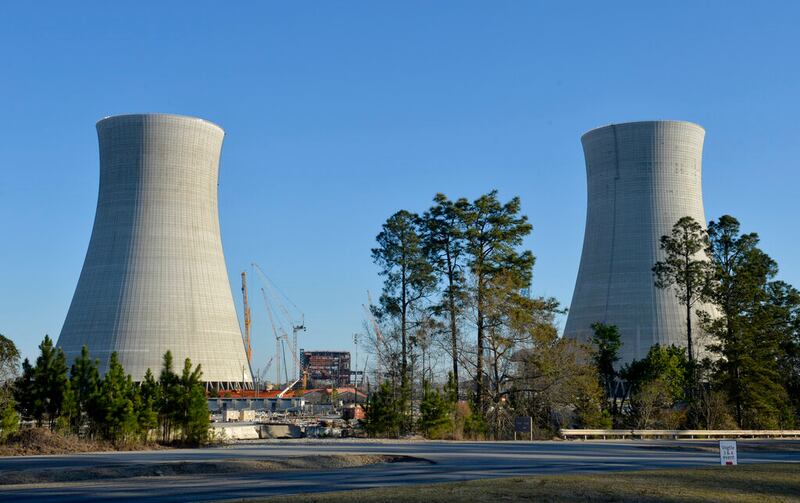The Senate approved the sweeping health care and climate bill on Sunday, and it is now headed to the House of Representatives for a scheduled vote on Friday.
“The House will return and move swiftly to send this bill to the president’s desk — proudly building a healthier, cleaner, fairer future for all Americans,” House Speaker Nancy Pelosi, D-Calif., said in a statement.
Democrats were able to pass the bill through the budget reconciliation process by getting the support of Sen. Kyrsten Sinema, D-Ariz., last week.
According to Utility Dive, the legislation contains incentives and tax credits for electric vehicles, as well as renewable energy and nuclear power.
How will the ‘Inflation Reduction Act’ affect nuclear power?
This bill includes “includes $369 billion in climate and energy provisions,” aiming to “reduce greenhouses gases by 40% below 2005 levels by 2030,” according to Politico.
This entails nearly $30 billion in tax credits over a 10-year-period for nuclear power plants, according to the Congressional Budget Office.
“If the bill is signed into law, nuclear plants would automatically be eligible for a credit of 0.3 cents per kilowatt-hour, a measure of electricity production, the Congressional Research Service reports, but plants that pay wages similar to or higher than the surrounding area could get 1.5 cents per kWh, five times more,” according to Forbes.
Additionally, the act also includes $700 million in funding for high-assay low-enriched uranium, or HALEU production.
Jon-Michael Murray, a nuclear policy manager, explained that it “is an important investment in U.S. exports and energy security.”
“These funds should significantly help in stimulating a HALEU market to avoid issues with security of supply, which will be crucial for the expansion of the advanced nuclear industry in the U.S. and globally,” Murray added.
Maria Korsnick, the president and CEO at the Nuclear Energy Institute, applauded Sen. Joe Manchin and Senate Majority Leader Chuck Schumer for advancing these policies forward.
“The Inflation Reduction Act positions nuclear energy as a key player in reaching a just and affordable energy transition. The proposed tax provisions, like the nuclear production tax credit, address economic hurdles and provide confidence to invest in today’s nuclear plants, while securing long-term, well-paying jobs,” she said in a statement.
What role does nuclear energy play in fighting climate change?
Nuclear energy is the second largest source of low-carbon electricity globally, behind hydropower, per the U.S. Office of Nuclear Energy.
The zero-emission energy source protects air quality, while using less land and producing minimal waste, according to a fact sheet from the office’s website. The power is generated through fission — a process of splitting uranium atoms — which releases heat. The steam created then spins a turbine, generating electricity.
The U.S. has 93 power reactors, with two additional ones on construction, that generate more than 18% of electricity produced in the U.S., according to Pew Research Center.


 alt=Gitanjali Poonia
alt=Gitanjali Poonia